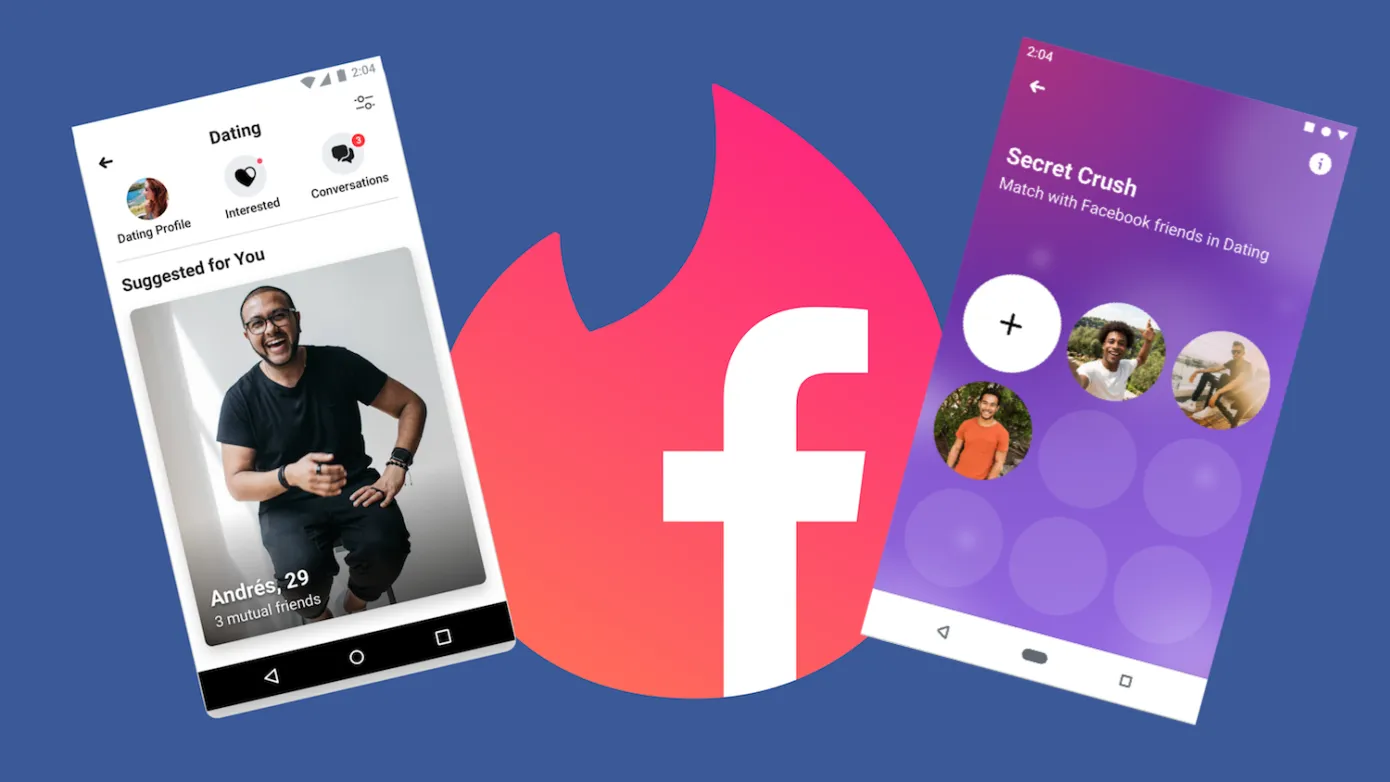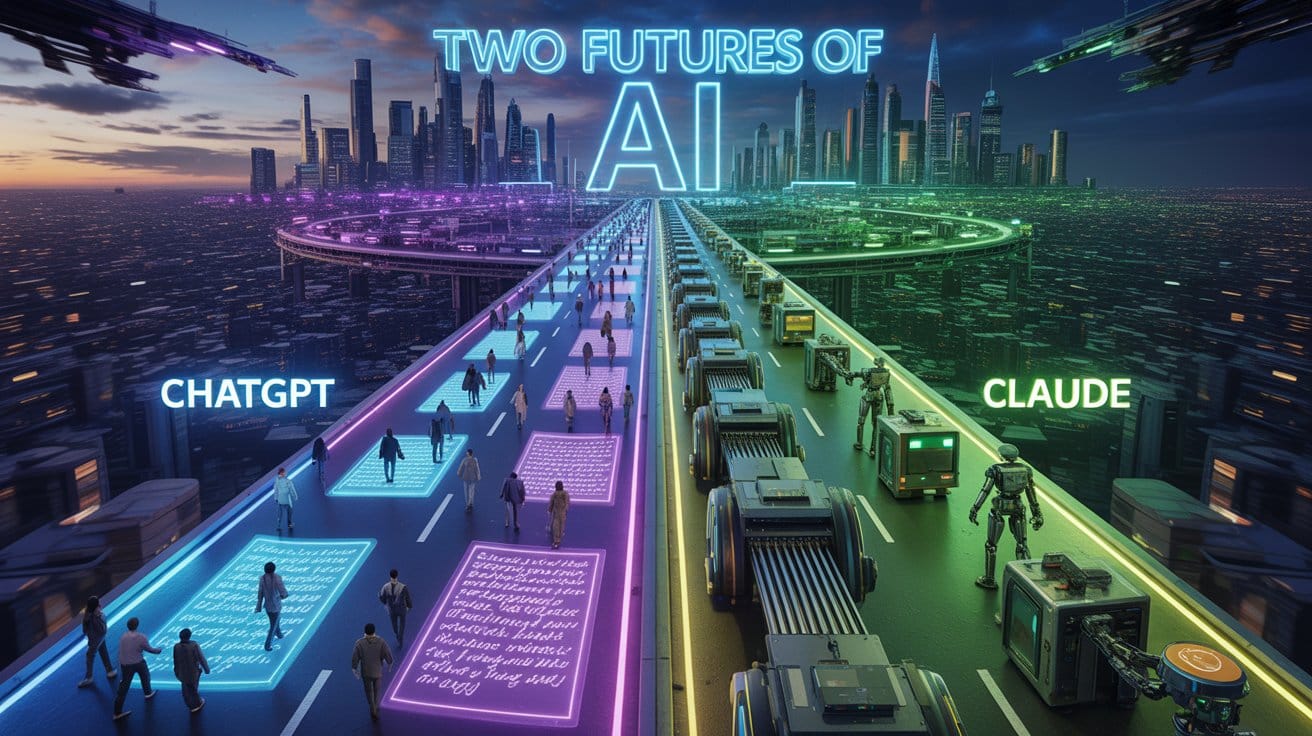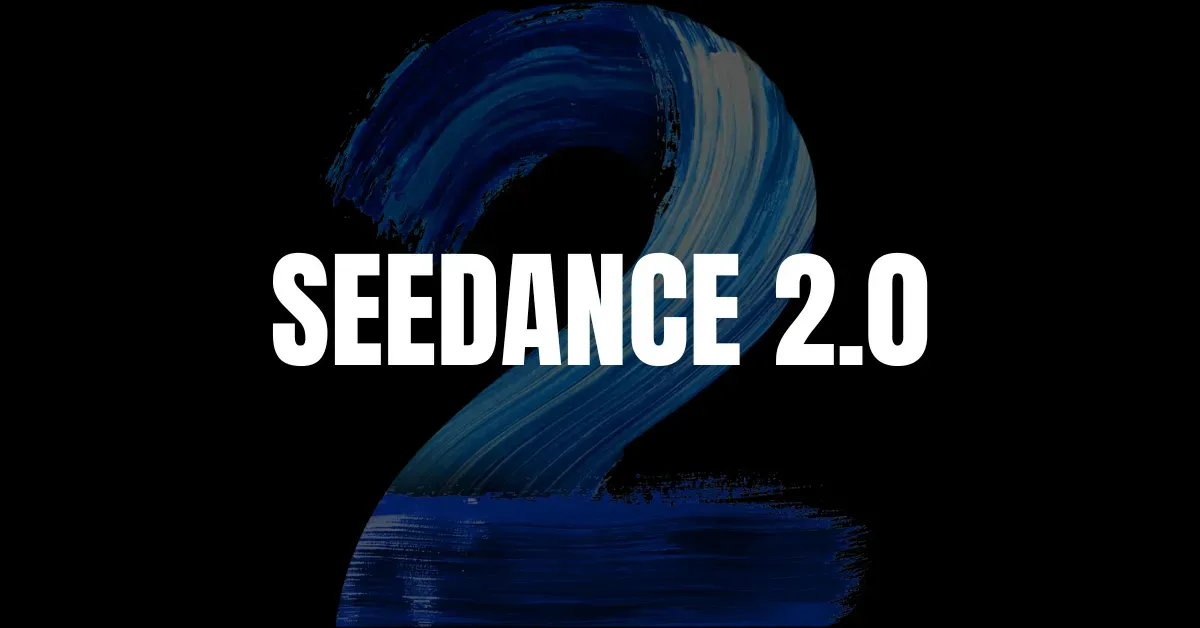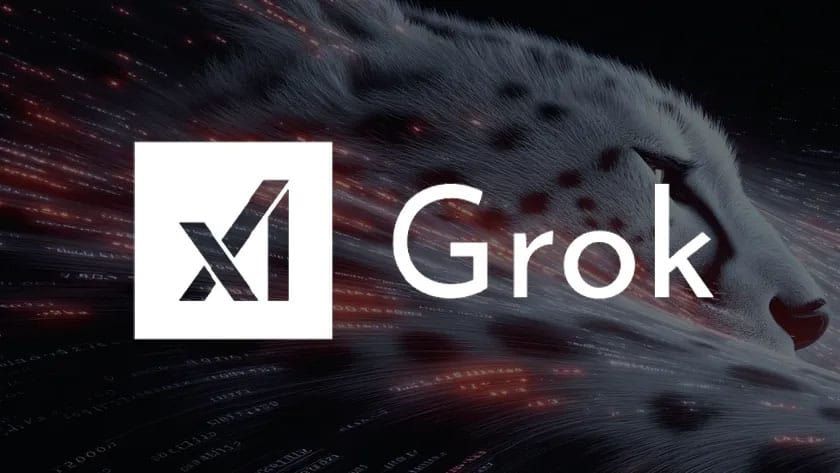🛎️ Medicare Adopts AI Denials

Good Morning, AI Enthusiasts!
Human judgment is being outsourced to code, whether it’s denying treatment, matching couples, or naming and shaming industries.

MEDICARE
Medicare Turns to Insurer AI Tactics

📌 What’s happening: Starting January 2026, Medicare will pilot WISeR, an AI system that screens requests for certain procedures and can deny those deemed “low-value” or wasteful. This mirrors private insurers’ playbook, where AI-driven prior authorization already decides much of what gets covered. Traditionally, Medicare leaned on limited human review and avoided heavy prior authorization, leaving doctors with more discretion.
🧠 How this hits reality: The shift signals Medicare moving from a trust-based oversight model to a denial-by-default filter. For patients, this could mean faster clearance on routine care but harsher pushback on costly procedures. For providers, the risk is more friction: appeals, delayed treatments, and pressure to practice medicine inside algorithmic boundaries. Unlike older compliance checks, this approach weaponizes automation—scaling both savings and denials.
🛎️ Key takeaway: Medicare swapping human oversight for insurer-style AI means less fraud, maybe, but also a future where coverage depends less on your doctor’s call and more on a model’s threshold.
TOGETHER WITH QODER
Milestone Special: The Sharpest Growth Curve in AI Coding History

Qoder isn’t just another coding assistant—it’s an agentic coding platform built for real-world software development. In just five days, over 100,000 developers have joined, signaling a shift from “vibe coding” toward project-level engineering intelligence.
Its flagship Repo Wiki turns hidden knowledge into team assets: automatically generating architecture maps, reference graphs, and technical specs that stay in sync with your code. Add context with manual edits, export to Markdown or PDF, and share instantly across teams.
Meanwhile, Smart Context Control puts developers in charge of credits. With “Compact Chat,” Qoder intelligently summarizes conversations, cutting token use while keeping essential context—delivering efficiency and sustainability for long projects.
To celebrate this milestone, Qoder is offering a limited-time 50% discount on Pro and Pro+ plans (new signups and renewals) for AI Secret Readers. A 2-week free trial with 1,000 credits is also included, making it easier than ever to experience the future of coding.
DATING
Meta’s AI Dating Move Lands Flat

📌 What’s happening: Meta just injected AI into Facebook Dating with two updates. One is a chatbot “dating assistant” that helps refine matches, like suggesting a “Brooklyn girl in tech.” The other is “Meet Cute,” a weekly algorithmic blind date. It’s pitched as an antidote to swipe fatigue, but OkCupid, one of the most well-known US dating platforms, tested the same play a decade ago.
🧠 How this hits reality: Technically, the move shows Meta leaning on LLM-style query matching and recommendation personalization. The assistant doubles as both a search engine for partners and a gamified profile optimizer. Yet instead of cultural cachet, it highlights Meta’s awkwardness: deploying the same AI that powers spam moderation into your love life. It’s not influence—it’s overreach.
🛎️ Key takeaway: Meta isn’t ending swipe fatigue—it just automated the cringe.
CLIMATE
Gore’s AI Map Exposes 660M Polluters

📌 What’s happening: Al Gore’s nonprofit Climate Trace has launched an AI-powered tool that tracks fine particulate pollution from more than 660 million sources worldwide, including power plants, refineries, steel mills, shipping lanes, and more. Such scale would have been unimaginable with manual monitoring, but by fusing satellite imagery, ground sensors, and emissions databases, the AI models now generate visual maps of pollution sources and plumes, refreshing almost in real time or at set intervals.
🧠 How this hits reality: Traditional monitoring relied on sparse sampling sites, easy for corporations to dodge or delay. Climate Trace’s AI system integrates massive, heterogeneous data into a global, dynamic tracking layer. Regulators, the public, and capital markets can now see emissions truth at scale. For heavy industry, energy giants, and local governments, this level of transparency is an upgraded strike—compliance or noncompliance is instantly visible.
🛎️ Key takeaway: AI has transformed pollution monitoring from blind sampling into a global radar, and the old order may now be nearing collapse.
QUICK HITS
- Google is expanding its AI mode to Spanish users worldwide, further accelerating its global AI rollout against OpenAI’s ChatGPT.
- Snowflake and partners launched Open Semantic Interchange to standardize business data definitions across analytics and AI.
- Google has launched Mixboard, an experimental Gemini AI tool that creates and edits Pinterest-style moodboards for design ideas.
- Figma expanded its MCP server to let AI agents remotely access and reuse design code in Figma Make, making its tools more AI-friendly.
- Google Photos now lets Android users edit images by talking or texting instructions to Gemini AI, with added support for AI content credentials.
TRENDING
Daily AI Launches
- Sprinto has launched an AI tool that answers security questionnaires in minutes by generating accurate answers from your trained knowledge base.
- Manna 2.0 has been launched as a major update to the Bible study app, adding a "pet companion," improved AI chat, and support for more languages on iOS and Android.
- Memories.ai has launched Video Marketer, an AI platform described as "perplexity for videos" that analyzes why videos go viral and predicts future trends.
- Conduit AI has launched a platform for building conversational AI agents that handle all business communications in a unified inbox and continually improve over time.
Featured AI Tools
- 🤩 Pine AI is your AI assistant for customer service headaches.
- 📚 Heardly is the Fast Way to read Best Book.
- 🪶 CopyOwl is the First AI Research Agent, deep research on any topic in one click.
- 🦾 Flot AI writes, reads, and remembers across any apps and webs.
TOGETHER WITH US
AI Secret Media Group is the world’s #1 AI & Tech Newsletter Group, boasting over 1 million readers from leading companies such as OpenAI, Google, Meta, and Microsoft. Our Newsletter Brands:
- AI: AI Secret
- Tech: Bay Area Letters
We've helped promote over 500 Tech Brands. Will yours be the next?
Email our co-founder Mark directly at mark@aisecret.us if the button fails.
Latest Daily Rundowns



More AI Stories









